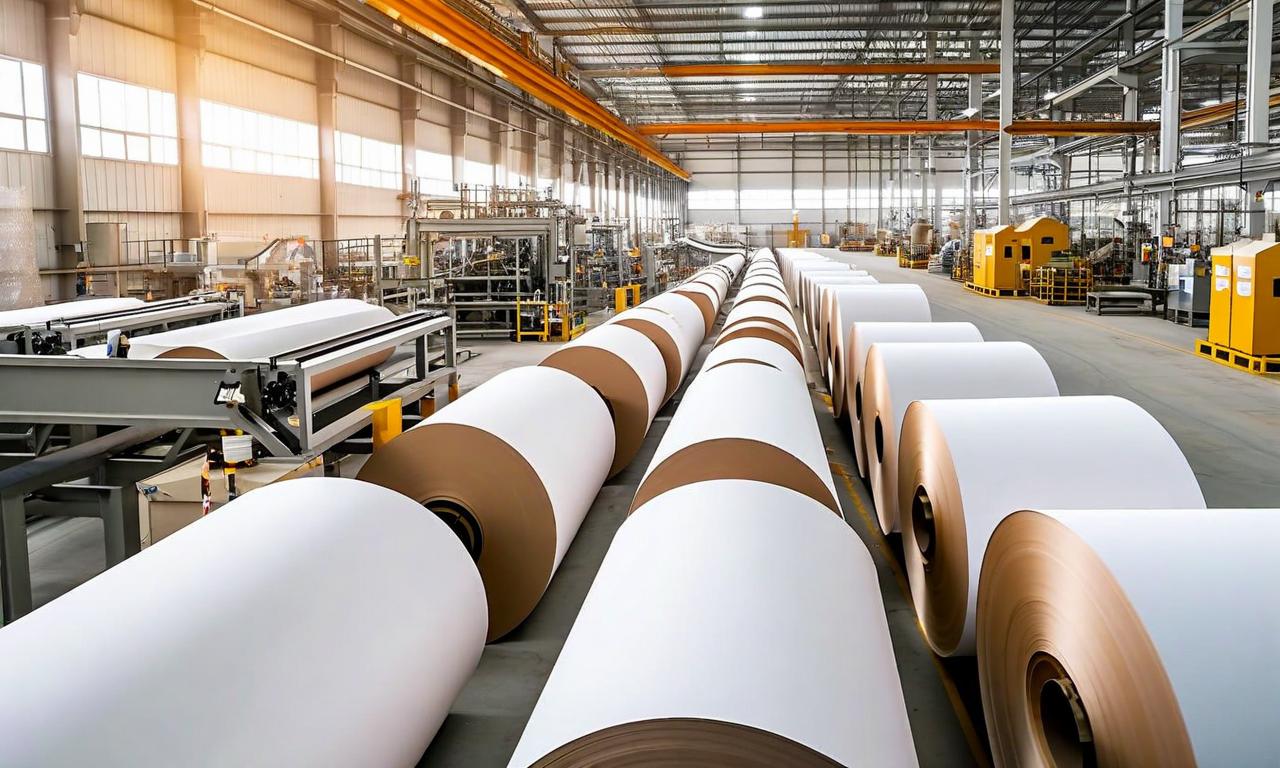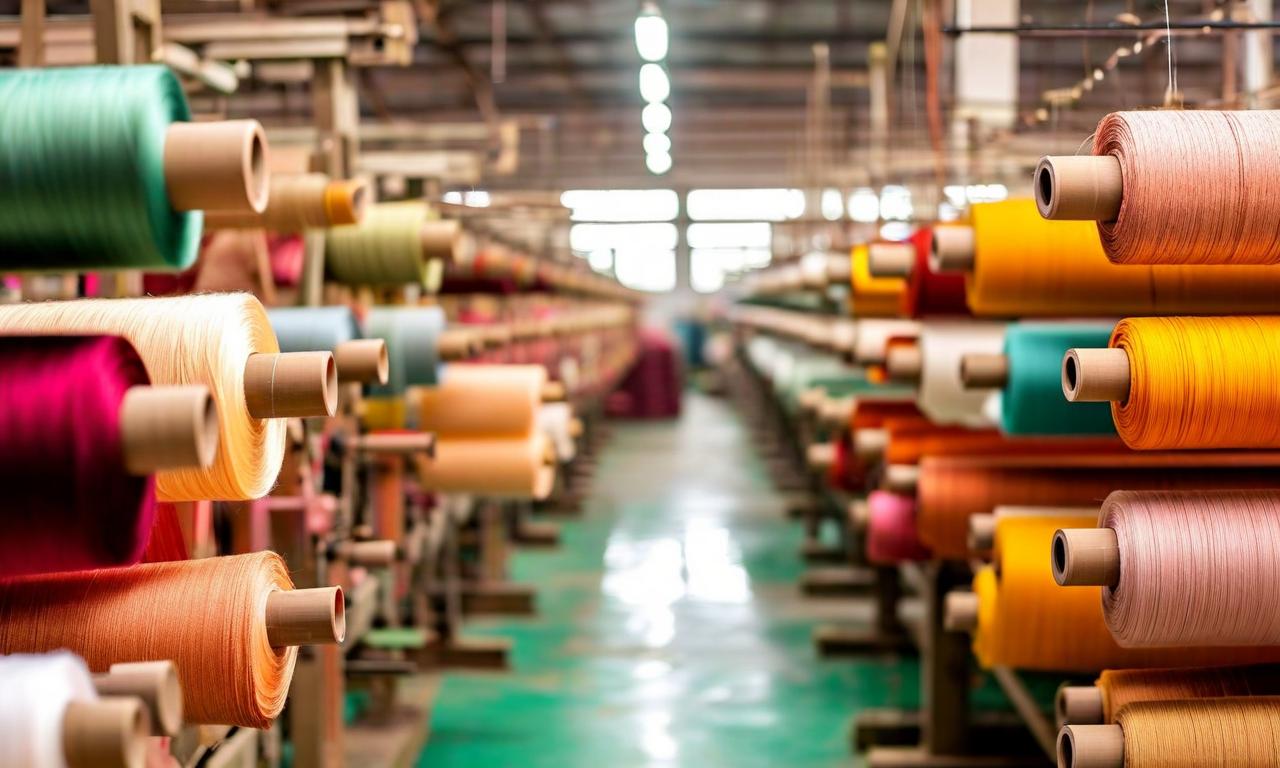India Imposes 5-Year Anti-Dumping Duty on Vietnamese Hot Rolled Steel Imports
India has implemented a five-year anti-dumping duty on certain hot rolled steel imports from Vietnam. The Directorate General of Trade Remedies (DGTR) announced this measure to protect domestic steel manufacturers from unfair trade practices. The duty aims to safeguard Indian steel producers, potentially benefiting companies like Jindal Steel. While this protects domestic industry, it may impact industries relying on steel imports, possibly leading to higher input costs for sectors such as automotive, construction, and manufacturing.

*this image is generated using AI for illustrative purposes only.
In a significant move aimed at safeguarding the domestic steel industry, India has imposed a five-year anti-dumping duty on certain hot rolled steel imports from Vietnam. This decision, announced by the Directorate General of Trade Remedies (DGTR), is designed to protect Indian steel manufacturers from unfair trade practices.
Impact on Domestic Steel Industry
The implementation of this anti-dumping duty is expected to have far-reaching implications for the Indian steel sector, including companies like Jindal Steel (formerly known as Jindal Steel & Power Limited). As one of India's major steel producers, Jindal Steel could potentially benefit from this protective measure.
Understanding Anti-Dumping Duties
Anti-dumping duties are protectionist tariffs imposed by governments on foreign imports that are believed to be priced below fair market value. In this case, the DGTR's decision suggests that certain hot rolled steel products from Vietnam were being sold in India at prices lower than their normal value, potentially harming the domestic industry.
Five-Year Protection
The five-year duration of this anti-dumping duty provides a substantial period of protection for Indian steel manufacturers. This timeframe allows domestic companies to adjust their strategies and potentially improve their competitiveness in the face of international competition.
Implications for Steel Consumers
While this measure aims to protect domestic steel producers, it may have implications for industries that rely on steel imports. Companies in sectors such as automotive, construction, and manufacturing might need to reassess their supply chains and potentially face higher input costs.
As the steel industry adapts to this new trade environment, stakeholders will be closely monitoring the impact of this anti-dumping duty on both the domestic steel sector and the broader Indian economy.
Historical Stock Returns for Jindal Steel
| 1 Day | 5 Days | 1 Month | 6 Months | 1 Year | 5 Years |
|---|---|---|---|---|---|
| +0.42% | +6.31% | +18.39% | +22.79% | +42.29% | +286.15% |



































